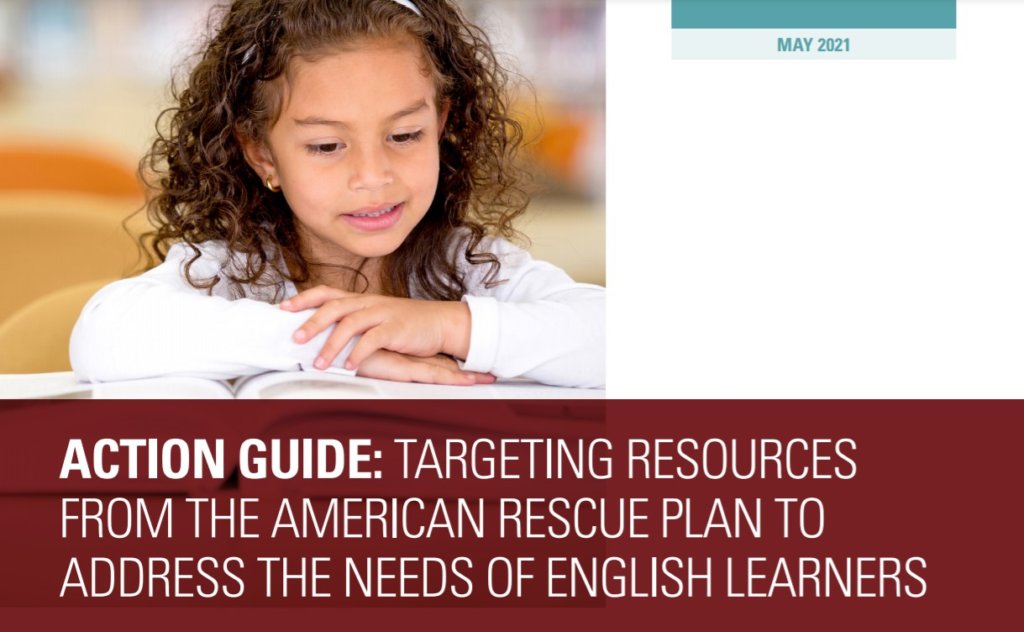UnidosUS in Florida: Changing Educational Standards Demands Input from All Communities

In January, the new governor of Florida, Ron DeSantis, announced during a visit to Ida S. Baker High School in Cape Coral, Florida, that he had signed an executive order to eliminate Common Core. “I’m here to say: When you complained about Common Core, I heard you, I told you I’d do something about it, and today we are acting to bring those promises into reality.” He added that this elimination of the “vestiges” of the initiative should be completed within the year.
Common Core was created by the National Governor’s Association and the Council of Chief State School Officers in 2010. The purpose of the initiative was to establish grade level standards for math and English learning across the entire United States and its territories. Common Core was adopted by more than 40 states, including the District Columbia. Florida was also among the states that adopted the initiative.
Civil rights groups, including UnidosUS, have long contended that providing a clear set of shared academic goals and expectations ensures all students have the foundation they need to be college- and career-ready. As a result, UnidosUS believes the governor’s action to dismantle the state’s Common Core standards and replace it with a new standard requires an authentic stakeholder engagement process that acts in the best interest of students.
“Revising academic standards requires a data-driven, evidence-based, transparent process that actively involves all education stakeholders from students to parents and teachers to administrators,” says Amalia Chamarro, UnidosUS’ associate director of education policy. She went on to add that any new academic standards should reinforce the state’s responsibility to prepare all students to be college- and career-ready by the time they finish high school.
What it takes to change educational standards
Common Core is separate from the Every Student Succeeds Act (ESSA), the federal law designed to guarantee equal access to K-12 education. However, UnidosUS is concerned that stakeholders have not been given a chance to meaningfully engage on the decision process of either policy in Florida.
In the case of Common Core, the governor abolished a policy without receiving public input. Meanwhile, the trouble with ESSA precedes the DeSantis administration. It took Florida months and multiple drafts to finally receive federal approval for its state ESSA plan last September, making it the last state in the country to receive approval. Even then, UnidosUS and other civil rights groups have raised concerns that the plan is not fully transparent or accountable to federal law.
“To make this process truly accessible, the state will need to provide informational materials and public forums that are user-friendly to the general public, and central to this is making those materials and forums available in Spanish and Creole, the two languages that represent 90% of English Learner (EL) students,” says Jared Nordlund, UnidosUS’s Florida Senior Strategist. Latinos represent more than 900,000 students, including approximately 300,000 ELs in Florida’s K-12 system and it is imperative that the review process be intentional in reaching Latinos and ELs.
New standards must be backed up with new resources
Once the new standards have been formally established, UnidosUS says they must be backed with appropriate classroom resources that provide all students with the support they need to be college- and career-ready by graduation. “Florida’s diverse student population has much to offer the nation and the rest of the world, but we have to give those students a fair shot. This can only happen by creating a learning environment that promotes culturally responsive, evidence-based best practices,” Nordlund says.
All of this, says Nordlund, feeds into the groundwork UnidosUS and other civil rights groups are already advancing on ESSA compliance. In addition to engaging with state leaders to ensure stakeholder engagement and transparency in the revision of common core, UnidosUS is also championing two state bills that address native language assessments and school accountability in the upcoming legislative session.
“We look forward to working with Florida’s state leaders to ensure its education system sets all students up for success,” adds Chamorro.



